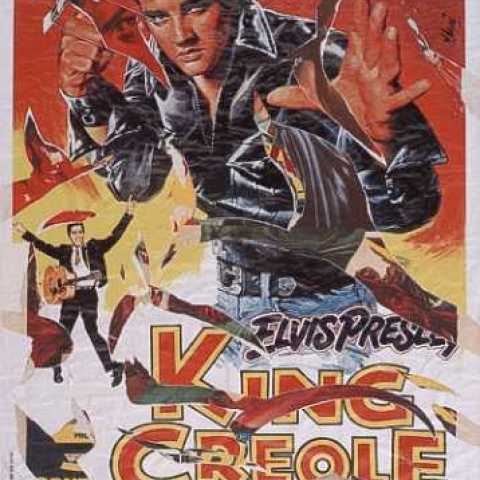JD Malat Gallery
30 Davies Street
Mayfair
London
W1K 4NB
United Kingdom

JD Malat Gallery is thrilled to announce Mimmo Rotella: The Urban Poet, a captivating solo exhibition by the Italian post-war artist Mimmo Rotella (1918 – 2006). This major retrospective brings together a vast array of never-before-seen works from the different periods of Rotella’s practice. Created in collaboration with the Italian Embassy, the exhibition explores a variety of themes, from challenging the concept of traditional figurative art, to highlighting deconstruction and décollage as his primary artistic instrument.
“Mimmo Rotella is widely regarded as one of the most important post-war European artists. His décollage technique is the ideal illustration of the evolution of Italian art over time and acts as a vital expression of his times. The artist's strong sensibility enabled him to predict fundamental changes in artistic currents as well as in society, which he then manifested through this technique.” – Inigo Lambertini, the Ambassador of Italy to the United Kingdom.
Born in Catanzaro, Italy, Rotella is known for his elaborate and innovative décollage artworks made from torn advertising posters, as well as rethinking old film posters. From the very beginning of his career, Rotella was open to experimentation, moving from figuration to new-geometric paintings, and, eventually, to his signature décollage technique. In 1953 Rotella experienced his ‘artistic crisis’ which was followed by a "Zen illumination", his discovery of the advertising poster as an artistic expression of the city. The artist was originally inspired by the collage techniques of the cubists, adopting their approach, while simultaneously looking at a Dadaist array of their ready-made concept.
In Mimmo Rotella: the Urban Poet, Rotella invents a postmodern universe that takes the viewer on a rollercoaster time-travel ride through the various rapidly changing aesthetics of modern and contemporary pop culture. Ultimately, the show shares a deep interconnectedness with the film industry, while Rotella himself can be seen as Tarantino of the 20th century, vigorously exploring different mediums, extracting the pieces and putting them together to create a collection of new powerful works. Retro posters showcase the complexity of Rotella’s ideas, while the bricolage aesthetics allows him to build his own narratives that reflect both the contemporary cultural aesthetics and his rendering of the past. Rotella champions a principle of past imitation and intertextuality, constructing his own visual vocabulary.
Storytelling is deeply embodied in Rotella’s décollage technique which is largely based on the process of tearing posters apart and building a completely novel work from the pieces. Rotella employed décollage on canvases which gave him the endless artistic freedom to showcase this deep introspective rendering of the medium, specifically on the artistic ability to communicate ideas through it. The process of destruction is at the heart of the décollage process, because, unlike collage, the action begins with the separation of parts from a given object. This makes Rotella an innovator, as he was re-thinking common ways of artistic production, and wanted to give artistic dignity to an ordinary, mundane object, of little value, detached from its natural environment.
Mimmo Rotella: The Urban Poet offers the most diverse retrospective of the Italian décollage master to date and showcases impressive pieces from all over the world. Providing visitors with the opportunity to time-travel back to the atmosphere of the 60s, the exhibition reflects on how the artist explored pop culture of his time and unveiled the infinite possibilities of manipulating the media of his urban society. The exhibition catalogue is also accompanied by an essay by the art historian and researcher, Edoardo Falcioni, providing the viewers with great insight into Rotella’s divergent practice.
